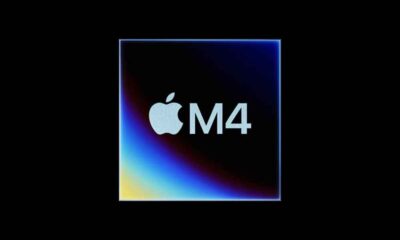Personal Finance
How to Pay Debt Faster


Most of us have some kind of debt we’re trying to pay off, whether it’s for essentials like your child’s school supplies, your fancy new laptop for work, that pro phone you’ve always wanted–the list goes on. With more Filipinos discovering the power of freelancing and earning more than what they’ve used to and having the means to finally buy their dream gadget, incurring debt sooner or later is bound to happen.
Buying these things will make you feel good, but will you still feel good once the bills pile up? You don’t want to be miserable because of debt, so here are some tips so you can manage your payments well and not incur penalties along the way:
Track your due dates
Managing your debt wisely requires keeping a very vigilant eye on due dates. Whether it’s your utility bills, loan payments, or credit card dues, paying on time is crucial. Should you forget about your due dates, you may be slapped with penalties that will most likely add up, and worse, may also tarnish your credit score.
A damaged credit score can have great consequences, affecting your eligibility for future loans and financial opportunities.
By diligently tracking your due dates, you can avoid unnecessary fees and maintain a healthy credit history. Fortunately, Philippine banks and other financial companies have reminder systems to keep you updated on your payment dates.
Pay first, wants after
When it comes to spending, adopting a “pay first, wants after” mindset can be a game-changer.
Tempting as it may be to indulge in multiple purchases simultaneously, this approach will let you be disciplined. Prioritize paying off one expense before moving on to your next big purchase.
This not only keeps your finances organized but also prevents the piling up of multiple debts. By focusing on completing one payment cycle before initiating another, you gain better control over your financial situation. This will allow for more efficient planning, and most importantly, reduced stress.
Credit card limit is not your money
Credit cards surely offer great convenience, but as tempting as it can be, it’s key to remember that your credit limit simply isn’t your money, to begin with. It’s the bank’s extension of credit to you, which must be repaid.
Treating your credit card as a means of deferred payment rather than an extension of your income or your own cash can be a deterrent to excessive spending. By being cautious and responsible in using credit, you safeguard your financial stability, avoid debt traps, and build a positive credit history that will serve you well in the long run. (GFB)

































